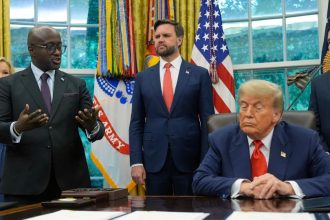SEOUL (Reuters) -South Korea’s parliament has passed a bill to legalise tattoo artists, ending a decades-long ban on tattooing by those without medical licences.
The Tattoist Act passed convincingly on Thursday afternoon with 195 votes in favour out of 202 members present, enabling non-medical professionals to obtain a licence. The new law will take effect after a two-year grace period.
South Korea is the only developed country where tattooing is considered a procedure that only medical professionals are capable of legally performing.
While tattoos are not illegal, tattoo artists face fines of up to 50 million won ($35,464) as well as prison terms for practising their craft.
Despite the ban, Korean tattoos have become increasingly popular at home and abroad, making it easy to spot people on the streets of Korean cities with tattoos including K-pop stars.
Tattoo artists welcomed the act’s passage after years fighting to end the ban.
“Tattooists in Korea, each working in their own spaces, overcame the isolating nature of our profession and built a solidarity of 1,100 members,” said Doy, a famous South Korean famous tattoo artist and union organiser who has been prosecuted and fined for practising his profession.
“In doing so, we ourselves changed the injustice that had long denied our profession.”
President Lee Jae Myung, who has supported legalising tattoists, is expected to sign it into a law.
($1 = 1,409.8700 won)
(Reporting by Ju-min Park; Editing by Stephen Coates)









